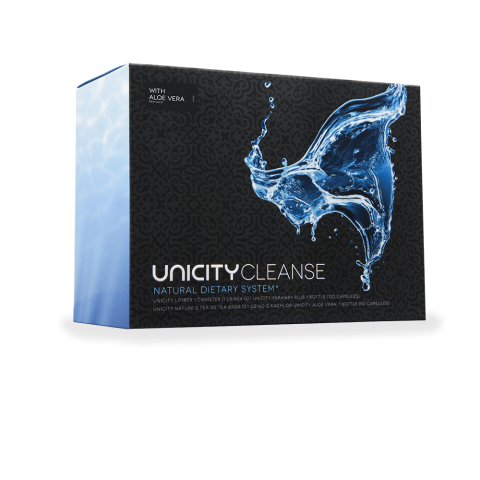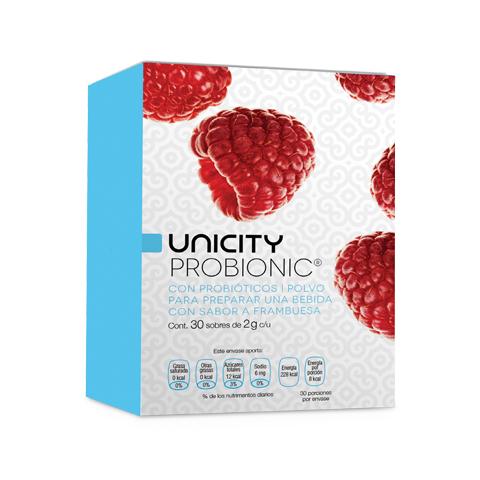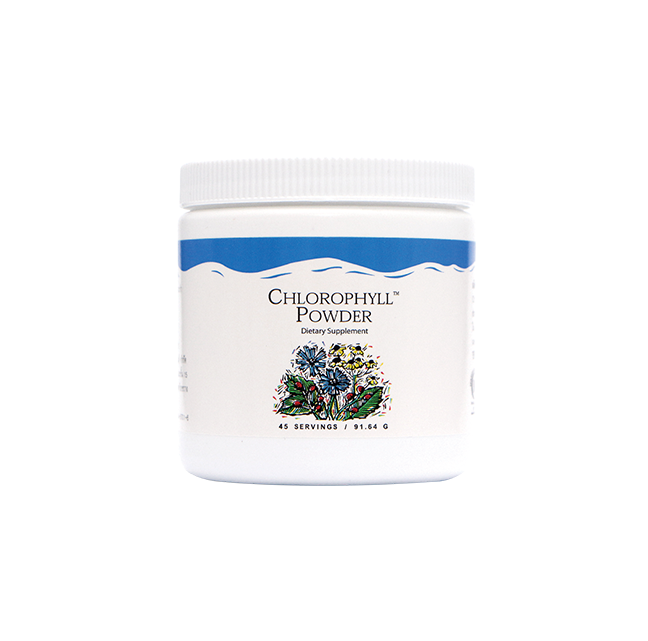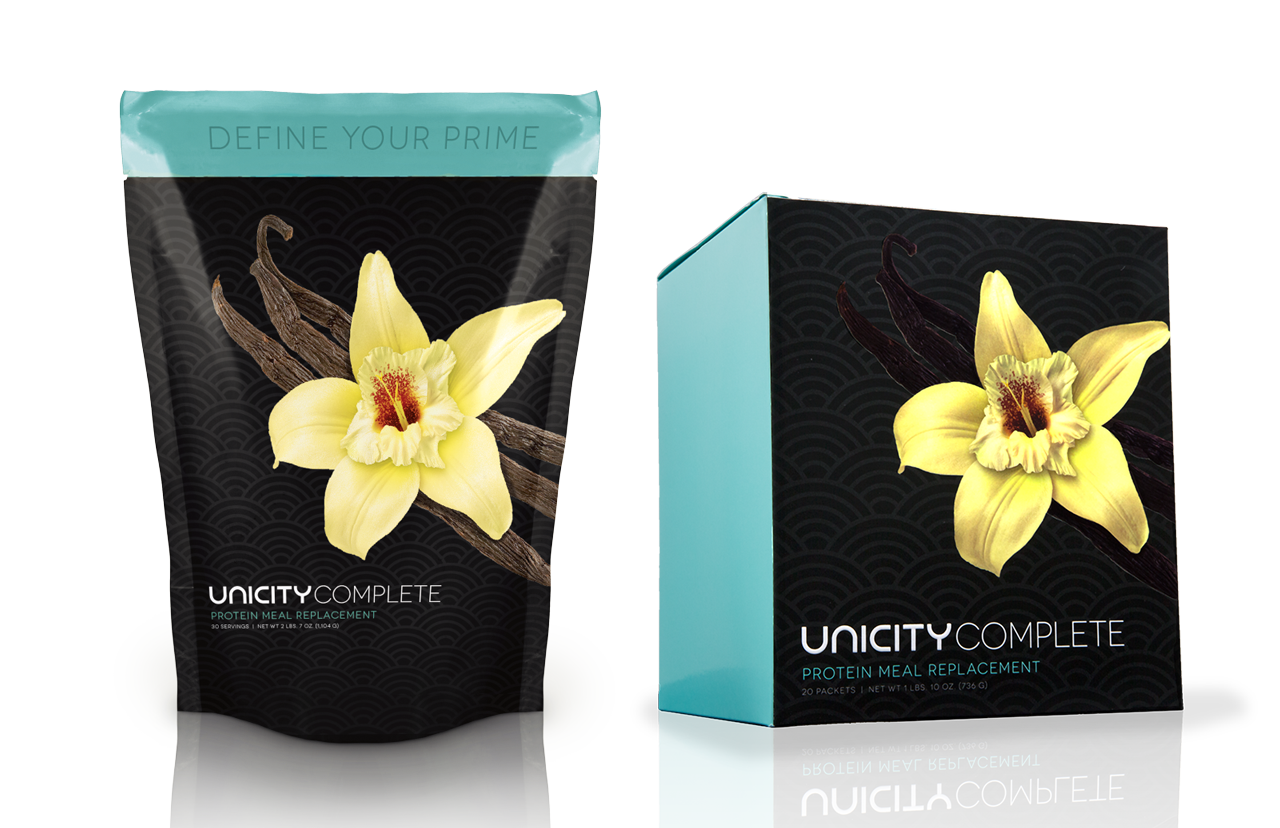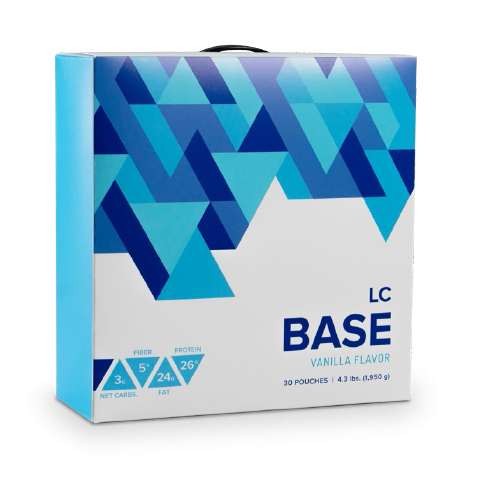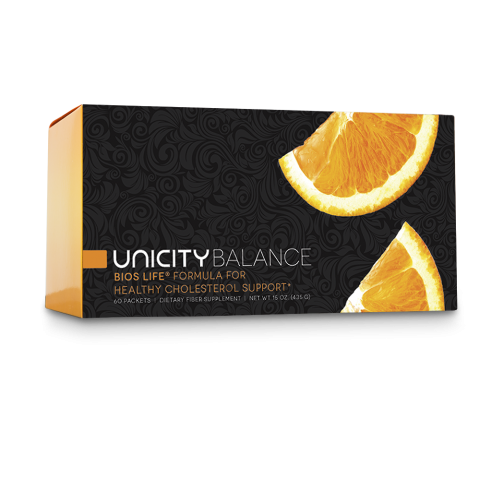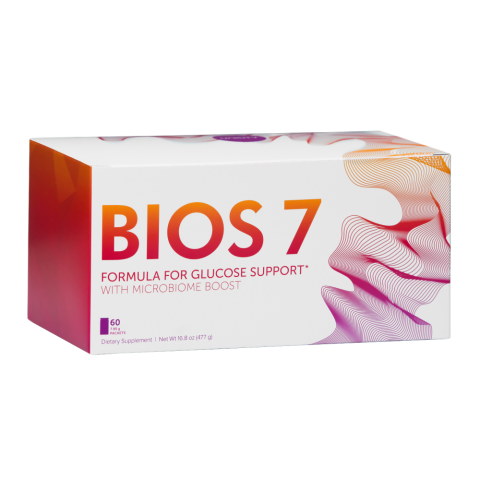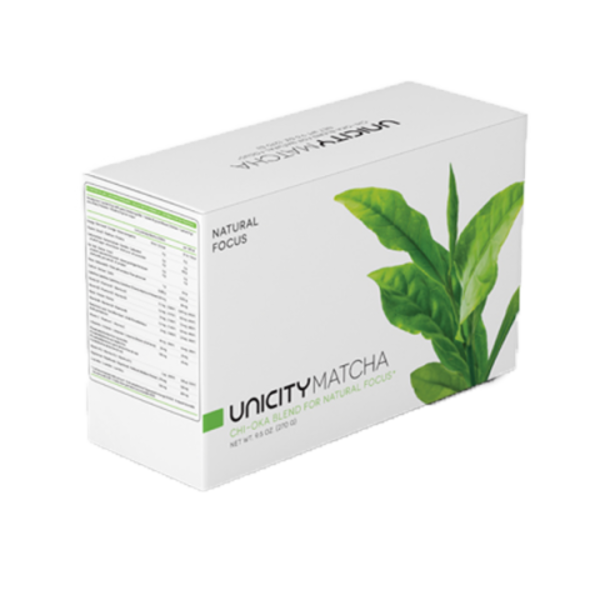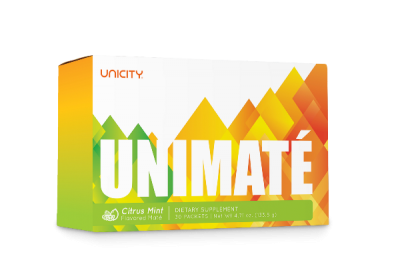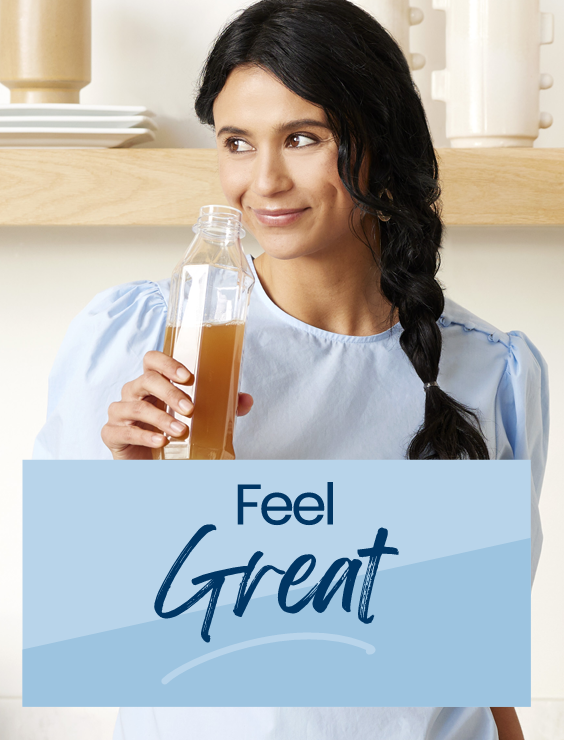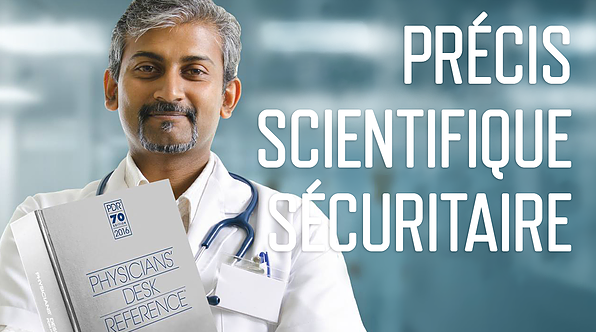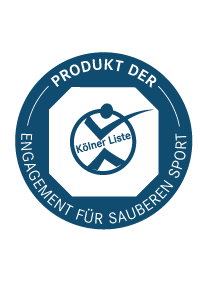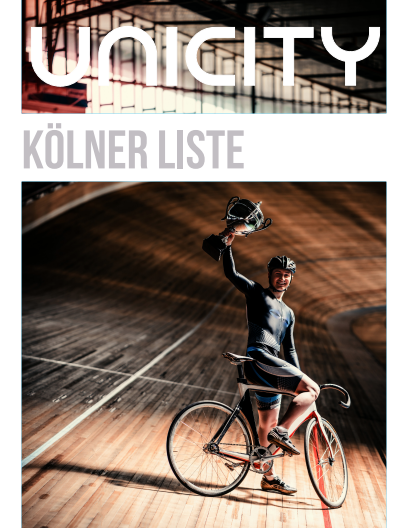
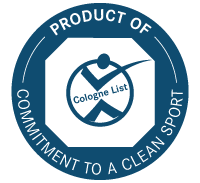
La liste de Cologne
« En 2001, une étude financée par le Comité Olympique et menée par le laboratoire de dopage à Cologne en Allemagne, a montré qu’environ 15% des suppléments nutritionnels analysés, provenant de 13 pays différents, contenaient des substances anaboliques qui n’étaient pas inscrites sur l’étiquette du produit. Ces contaminants n’ont aucun effet sur l’amélioration des performances mais peuvent occasionner un résultat positif involontaire. »
La liste de Cologne s’assure que ces produits soient exempts de substances anabolisantes. Afin de minimiser le risque de contamination, les athlètes en général devraient acheter des produits nutritionnels provenant d’entreprises effectuant un contrôle de qualité.
https://www.koelnerliste.com/en/product-database/?suche=Unicity
COMMANDER EN LIGNE
Cologne List® for nutritional supplement companies
What possibilities does Cologne List® offer nutritional supplement companies?
Cologne List® offers companies the possibility of providing their target groups, such as athletes, coaching stuff and sport medicine specialists with information on their products in order to considerably reduce any potential uncertainty regarding the risk of committing an anti-doping rule violation or being exposed to health hazards. This voluntary commitment substantially increases transparency in the heterogeneous market of nutritional supplements.
What is the organizational procedure for the listing of a product on Cologne List®?
In order to publish a product on Cologne List®, the company submits an inquiry to Cologne List®.
The company will then receive an e-mail containing important information on the product listing procedure as well as a link to the product registration page where the company can enter all the relevant information about the company itself and the product in question.
Following an intern examination of the data, the HEIMSPIELE Agency, as administrative partner of Cologne List®, will file the self-disclosure form and set up an agreement for the publication of the product on Cologne List® and submit both to the company for signing.
Contemporaneously, the company submits a unit of consumption of the product in its original packaging to the Center for Preventive Doping Research (CePreDo) at the German Sport University Cologne for a label check and laboratory analysis. Once the company has received the analysis report, it submits this report to the HEIMSPIELE Agency for publication on Cologne List®.
Information on label check
Information on laboratory testing
Analysis request form
Which laboratory conducts supplement analysis?
All nutritional supplements listed on Cologne List® have to undergo analysis for anabolic-androgenic steroids (prohormones) and stimulants conducted by the Center of Preventive Doping Research (CePreDo) at the German Sport University Cologne, which is one of the world's leading labs in the field of analytical testing for banned substances in nutritional supplements.
What should a company pay attention to when submitting a product for laboratory analysis?
For the label check and the subsequent laboratory analysis, the Center for Preventive Doping Research (CePreDo) at the German Sport University Cologne requires a unit of consumption of the product in its original packaging. If this contains less than 30 grams, please submit additional units with the same batch number. Products consisting of several subsamples require separate treatment and will be billed separately by the laboratory. In addition to that, the laboratory requires a written analysis request including the complete official information and data of the company.
Information on label check
Information on laboratory testing
Analysis request form
Is it possible to have a product analyzed by another laboratory?
In order to guarantee the comparability of analysis results with regard to a scientific institution's analysis techniques and quality standards, an analysis for anabolic-androgenic steroids (prohormones) and stimulants conducted by the Center of Preventive Doping Research (CePreDo) at the German Sport University Cologne is absolutely mandatory for a product listing on Cologne List®. Companies also have the possibility of having their products tested by another appropriate laboratory for company internal purposes.
How long does product analysis take?
Who gets the analysis report?
Why is analysis for anabolic steroids and stimulants a strict precondition to a product listing on Cologne List®?
What are the requirements for a product to be published on Cologne List®?
Cologne List®: General information
What is Cologne List®?
Cologne List® is an initiative from the field of sport, listing nutritional supplements that present a minimized risk of contamination from banned substances.
Since 2006, Cologne List® has been offering companies the option of publishing analyses for anabolic steroids and stimulants conducted by an independent scientific laboratory, which is one of the world's leading labs in the field of analytical testing for banned substances in nutritional supplements.
Listing more than 950 products (status: May 2017), Cologne List® is the world's biggest information platform on nutritional supplements safety.
Cologne List® is an integral part of the prevention program TOGETHER AGAINST DOPING run by the National Anti-Doping Agency Germany (NADA) and cooperates closely with the Athletes' Commission of the German Olympic Sports Confederation (Deutscher Olympischer Sportbund, DOSB). This makes Cologne List® an indispensable partner in elite and competitive sport. Recreational athletes now also increasingly seek advice from Cologne List®.
What is the story behind Cologne List®?
Nutritional supplements: General information
What are nutritional supplements?
Nutritional supplements are foods, whose purpose is to supplement general nutrition. They consist of simple or multiple concentrates of nutrients or other substances that are usually consumed with food. They are generally available in various ready-to-use 'dosage' forms, such as pills, capsules or powders.
Nutritional supplements include vitamins (e.g. vitamins A, B6, C and so on) and minerals (e.g. magnesium, iron, calcium), amino acids, essential fatty acids, fibers, herbs and botanicals as well as protein and carbohydrate concentrates and probiotics.
Because nutritional supplements are regulated as foods, they are covered by the provisions of the Food and Feed Code (LFGB). Food supplements do not require approval. Pursuant to the Ordinance on Food Supplements (NemV), food supplements must be registered with the Federal Office of Consumer Protection and Food Safety (BVL). Responsibility for the safety of products and compliance with food law provisions lies with manufacturers and distributors. Nutritional supplements are not required to undergo safety tests or reviews. Regulations and quality control standards for NS are less strict than those for pharmaceuticals.
What are the risks of taking nutritional supplements?
The use of nutritional supplements puts you at risk of inadvertently consuming banned substances that might harm your health and result in positive anti-doping tests.
Prohibited substances may find their way into the products because of insufficient or inadequate cleaning of machines that are involved in the manufacturing and/or packaging process or through contaminated raw materials. This is called product contamination.
Or prohibited substances may intentionally be mixed with supplements by criminal manufacturers in order to increase a product's effectiveness. This is called adulteration. In this case, prohibited substances are not declared on the label or they are listed under different names (synonyms or phantasy names) when compared to the WADA Prohibited List. The concentration of those banned substances, which are often forbidden or require prescription in Germany, varies widely and may be considerably higher than the maximum dosage recommendation of the substances in question.
Which nutritional supplements should generally be handled with particular caution?
According to recent studies particularly weight loss supplements (faked with stimulants), muscle building nutritional supplements (faked with anabolic steroids), fat burning and muscle building supplements (faked with ß2-adrenergetic agonists) as well as motivation (or dopamine) boosting nutritional supplements and cognitive enhancers (faked with stimulants) are often deliberately and fraudulently faked and/or mislabeled and, therefore, should be handled with particular caution. Further investigations as a consequence of positive anti-doping test results showed that also nutritional supplements containing diuretics were found.
Nutritional supplements claiming to have fat-burning, muscle-building or cognition-enhancing properties should generally be avoided. If it sounds too good to be true, it probably is.
